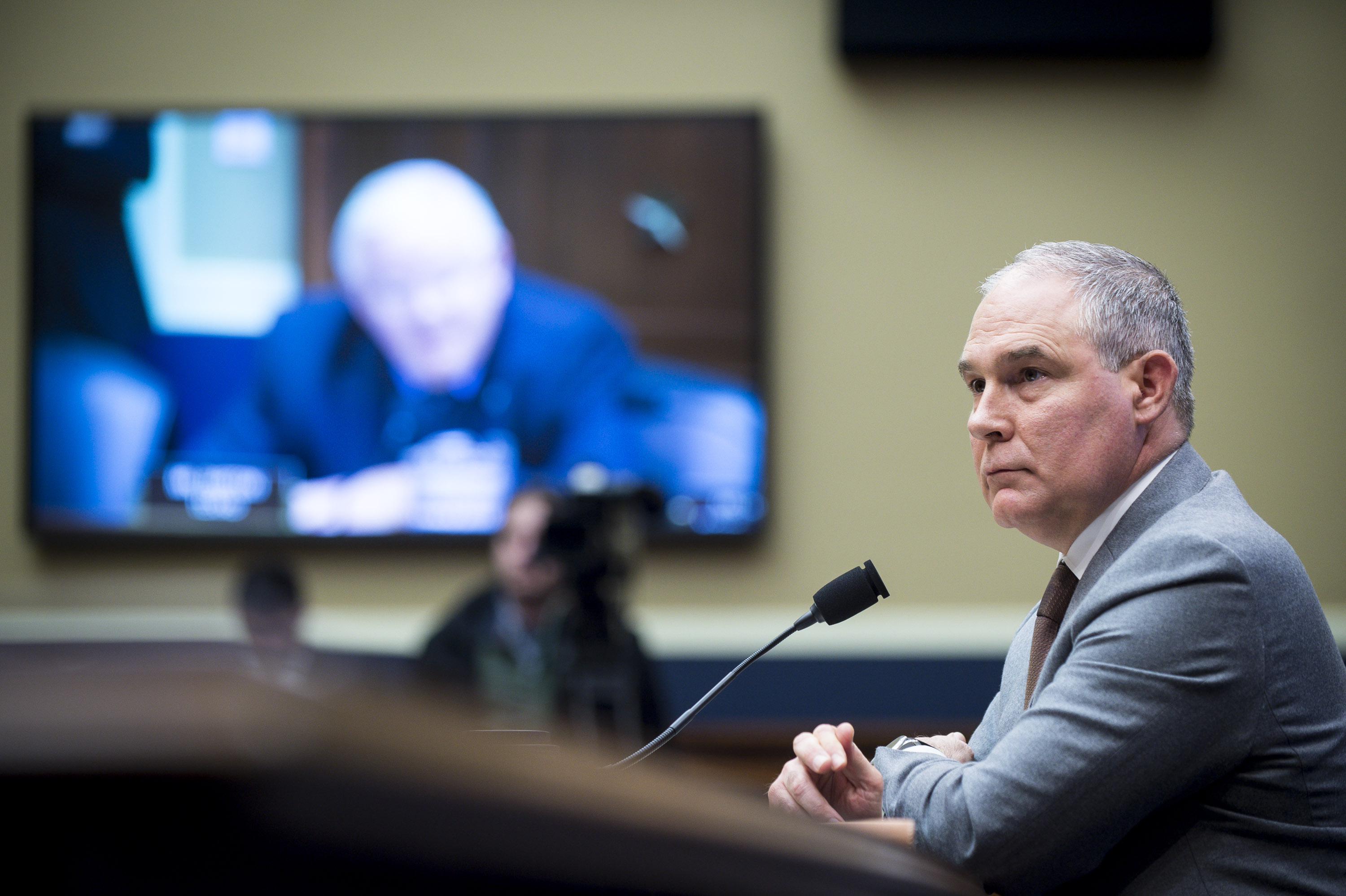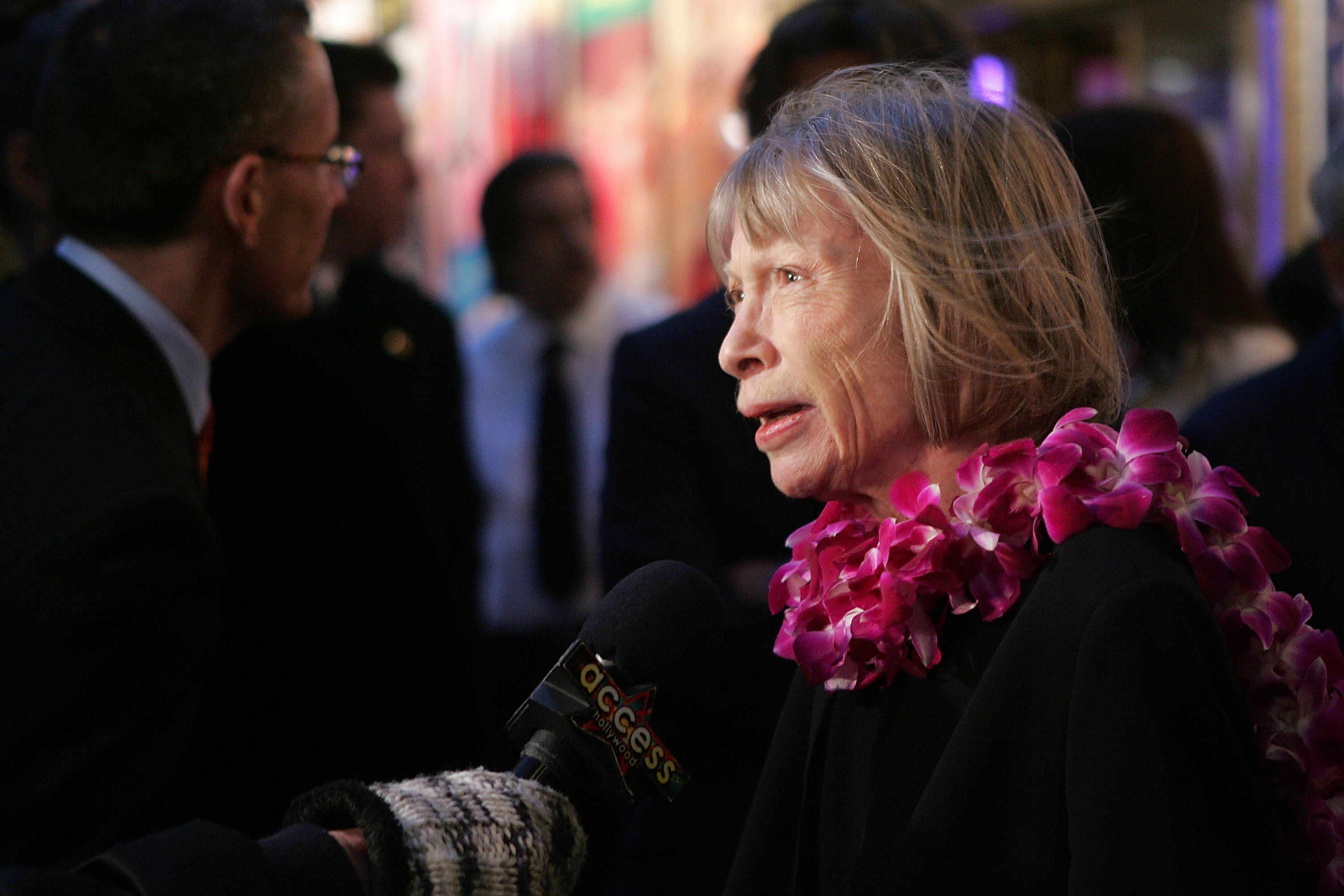A weekly newsletter for Pacific Standard Premium members.

Early Access to Online Features
Available Now: A Native writer struggling against the ignorance of white culture finds that her stories are her lifeline, her wounds are her power, and though the scales have been weighted against her in almost every way, there are many reasons to survive. The essay, “Silence Breaking Woman,” by Terese Marie Mailhot is available online now exclusively for Premium members.
And: Suzanne Cope takes readers inside the theater of complicity, where visitors are forced to examine how they respond to overt expressions of racial bigotry; why Fisher Temperament Inventory enthusiasts should check the hype; and meet Rosa Aurora Sabido-Valdivia, a 53-year-old woman who has been hiding out from Immigration and Customs Enforcement officers in a United Methodist Church.
Up Next: Our cover story about how the federal government is failing in its legal responsibility to ensure environmental justice for the country’s poor and minority communities. In “Lost in the Smoke,” reporters Kevin Stark and Winifred Bird uncover how the Environmental Protection Agency isn’t reaching residents living near dozens of contaminated Superfund sites all across America.
Plus: Visit psmag.com/premium all week for early access to several other stories from our upcoming May print issue.

(Photo: Pete Marovich/Getty Images)
Don’t Miss: An Embattled EPA
News and analysis from Pacific Standard on the biggest stories of the week.
This week, the head of Donald Trump’s Environmental Protection Agency, Scott Pruitt, has made news for the wrong reasons. He has been accused, again, of misappropriating funds for personal use and of committing other ethics violations. The agency’s attempts to roll back auto emissions standards positioned it for a legal battle with the state of California, and perhaps even with the auto industry itself. And, the agency has been accused of lowering air quality standards to levels that could be hazardous to human health.
All of the stories about the EPA in recent months tackle important areas of coverage not just because of the narrative power of a controversy between state and federal government or conservationists and climate change skeptics, but because each of these issues could have a significant impact on the future of the planet. Pacific Standard extensively covers topics related to the EPA and environment; here are some of our most important and timely pieces:
- We listed all of the climate change skeptics—and some of their more controversial positions—that are set to run for a seat in the House of Representatives in the upcoming mid-term elections.
- As staff writer Kate Wheeling outlines here, the EPA under the Trump administration’s desire to roll back auto emissions standards has instigated a potential legal battle with California over the state’s waiver status, which allows it to set it’s own auto emissions standards separate from those of the rest of the country.
- In the past, the Trump administration made clear that it wanted to slash the budget of the EPA’s science office, which is the part of the agency at the front lines of virtually every environmental crisis.
- Back on Capitol Hill, staff writer Francie Diep spoke to experts about why some representatives who do not believe in the effects of climate change have shown grave concern, instead, over the potential of an asteroid striking the Earth.
- Abroad, emissions standards are trending more positively as the International Maritime Organization has set goals to cut emissions in half by 2050. As sea ice continues to melt and open new shipping lines in the arctic, this move finally includes the IMO in the international movement to reduce peak emissions, the importance of which is explained in this piece.
- UPCOMING: Our cover story about how the federal government, notably the EPA, is failing in its legal responsibility to ensure environmental justice for the country’s poor and minority communities, will be available for Premium members later this week. To understand some background about that piece read contributing writer Jared Keller’s piece about the absence of the EPA from these dangerous Superfund sites.
Quick Study: Air Pollution Linked to Delinquent Behavior Among Children
Underprivileged kids growing up in congested cities must overcome many handicaps; this study suggests one of them is the very air they breathe.
We’ve long known that kids exposed to lead are more likely to engage in delinquent behavior. Research from the University of Southern California reports this is also true of juveniles who are chronically exposed to a type of particulate matter found in polluted air.
A team led by Diana Younan measured the concentration of PM, extremely fine particles produced by everything from motor vehicles to wood-burning fires, in the air near the homes of 682 youngsters in Greater Los Angeles. The kids were followed from age nine to 18, and their parents periodically recorded whether they had engaged in 13 types of rule-breaking, including truancy, vandalism, and substance use. Those who were, on average, exposed to higher levels of PM, including youngsters raised in freeway-adjacent and low-rent housing, were significantly more likely than their counterparts to engage in those behaviors.
Underprivileged kids growing up in congested cities must overcome many handicaps; this suggests one of them is the very air they breathe.
—Tom Jacobs, Staff Writer

PS Picks
The Art of Loneliness: The two pieces of art I’ve most enjoyed this month were stories of and for the lonely. In the 2016 thriller Personal Shopper, a woman named Maureen waits in Paris for communication—some kind of sound, sight, movement—from her dead twin brother, a sign he’s at peace on the other side. Meanwhile, she starts receiving unsettling text messages from someone who seems to know everything about her. Initially she rebuffs the texts. Then she starts sending back intimacies—pictures of herself wearing borrowed clothes, updates on her emotional state—because, it seems, she has no one else with whom to share them. At the same time that Maureen’s story telegraphs as a dubious quest for the supernatural, it portrays a completely understandable response to acute isolation. She’s looking to connect, after losing her other half, her twin.
Olivia Laing’s 2017 book The Lonely City starts with less finite loneliness than death: the author’s solo decampment to New York after a sudden break-up, examined in relation to misfit artists who fed off the city and sought connection through art. Combining memoir, historical research, and art criticism, Laing’s writing is most moving on the multimedia artist and activist David Wojnarowicz, whose work interrogated both his discovery and his repression of desire. Like many of his peers, Wojnarowicz died young, at 37, of complications from AIDS. His often lonely life ended with no pat resolutions, much like Maureen’s story. But just last week, he scored a belated victory: his portrait on the cover of the New York Times T magazine’s culture issue. The image was taken by his lover and friend Peter Hujar, who also died of AIDS. Nearly 30 years after the photo shoot, it’s granting Wojnarowicz one of the only true balms for loneliness: a chance to be seen, through the eyes of someone who took the time to really look.
—Elena Gooray, Associate Editor

(Photo: Bryan Bedder/Getty Images)
Michelle Dean on Women in Literature: It is rare to come upon a work of literary scholarship that also reads like a page-turner. This month we’ve somehow been blessed with at least two such books, including Leslie Jamison’s The Recovering and now Michelle Dean’s Sharp: The Women Who Made an Art of Having an Opinion. Dean’s book offers a series of interlocking biographical sketches of women throughout the 20th century who carved spaces for themselves in the male-dominated literary scenes of London, Paris, New York, Los Angeles, and beyond, including Dorothy Parker, Rebecca West, Hannah Arendt, Mary McCarthy, Susan Sontag, Joan Didion, and Janet Malcolm . As a time-lapse portrait of the American republic of letters, it’s both dishy and deeply thoughtful, as Dean (on the strength of admirably deep research in the archives) recounts how each woman made it in the world in spite of the vigorous forces that tried to stop them—sometimes including each other.
The biographies are finely turned and openly protective of their subjects; Dean’s task is to reclaim these women from mythos and bathos alike, and the result is no less persuasive for the affection and tolerance with which she treats their occasional foibles. Still, there is nothing soft or sentimental here. The motif of sharpness is neatly pervasive in the crisp prose for which Dean is known; in the slyness, the occasional cut. “Reviewers always admitted she had a certain perceptiveness, a chiseled style,” Dean writes of Mary McCarthy. “But they did not like what she saw when she looked at the world, or at least they found her somehow impolite for recording it in prose.” A similar bind, Dean suggests, awaited many of her subjects: “If one is a woman writer there are certain things one must do,” Rebecca West once said; “first, not be too good; second, die young, what an edge Katherine Mansfield has on all of us; third, commit suicide like Virginia Woolf. To go on writing and writing well just can’t be forgiven.”
While some of these women became lifelong friends (e.g. Hannah Arendt and Mary McCarthy), others used their sharpness against each other. Dean records all these instances with a temperate nuance, and it’s the sort of nuance we could probably use more of among liberal and leftist discussions of solidarity in 2018. As Dean writes: “We’re all stuck with each other, stuck with the history of those who’ve preceded us. You might make your own way, but you always do it in the streams and eddies forded by others, no matter how much you may personally like or dislike them, agree or disagree with them, wish that you were able to transcend this whole situation.”
—Ted Scheinman, Senior Editor
‘Sitcom Reboot’: As networks scrounge for content, and Netflix seemingly accepts anything that comes its way, we have now entered the era of the television reboot: Roseanne, Murphy Brown, Wings, Fuller House, potentially The Office. Like our politics, TV comedies have gone all-in on nostalgia. Cue “Sitcom Reboot,” a Saturday Night Live sketch originally written in 2009 but re-scripted for 2018, that skewers this phenomena. In the sketch, host and co-writer John Mulaney, playing the show-runner of a body-swapping 1980s comedy set for reboot, quickly terrifies an interviewer, played by Cecily Strong, as he reveals the politics of his old show. (Itself over 40 years old and reliant on the wistful memory of its past “golden years” for continued success, SNL might not be the natural show to target TV nostalgia, but it works nonetheless.)
In a sense, all sitcoms traffic in a type of nostalgia: in service of sympathetic humor, they essentialize the topical quirks of daily routine—say, swiping on a dating app, texting obsessively—and reduce existence to an already-familiar greatest hits of generational anxieties—online dating, impersonal communication. And yet, reboots, as this sketch properly exposes, are especially grating. Rather than simply exaggerating reality into something less-than realistic, they insist upon pasts that never were and often don’t deserve to be. In taking the reboot to its absurd extreme, SNL cleverly, albeit vulgarly, re-affirms the truth that not all cultural artifacts deserve renewed attention.
—Ben Rowen, Associate Editor
PS in the News
A look at where our stories and staff surface in the national conversation.
- JSTOR Daily included staff writer Francie Diep’s look at what ethicists are saying about Facebook’s plan to partner with social scientists to study the interactions between social media and the real world in its recommended readings. While the Knight Foundation also shared the story within its network.
- The 74, a non-profit, non-partisan news site covering education, shared contributing writer David M. Perry’s story on how to hold predators on college campuses accountable on its TopSheet for April 17th.
- The Committee for a Responsible Federal Budget tweeted Dwyer Gunn’s story that broke down what in the recent tax reform bill is causing the increase in the federal deficit.
The Conversation
‘Segregation’s Constant Gardeners’: How White Women Kept Jim Crow Alive (PSmag.com, April 12th)
- Finished this book recently, wow! Fascinating and unsurprising read. Highly recommend this important, historical narrative that frames well the power white women have. We remain still the mass in the massive resistance to racial equality. —Hannah Rose Singer
- The mind boggles at the idea that Americans these days are blind to such recent history, that Americans are capable of romanticizing the truth in this way. Are we that ignorant? That short-sighted? That closed-minded? —Linda Grace
The Underground Punks of Yangon (February 2018)
- I loved this piece and I love punk rock for teaching me things like, “an unforgiving critique of the toxic aspects of the country’s culture: homophobia, misogyny, racism, and a Buddhist nationalist movement that has encouraged ethnic cleansing.” —Shaya Tayefe Mohajer
If you have any thoughts about this newsletter or our work—what you like/didn’t like/want to see more of—you can reach us at premium@psmag.com. Become a premium member by following the button below. As we continue to build out the benefits of a premium membership to Pacific Standard, we want to hear what would be most valuable to you.





